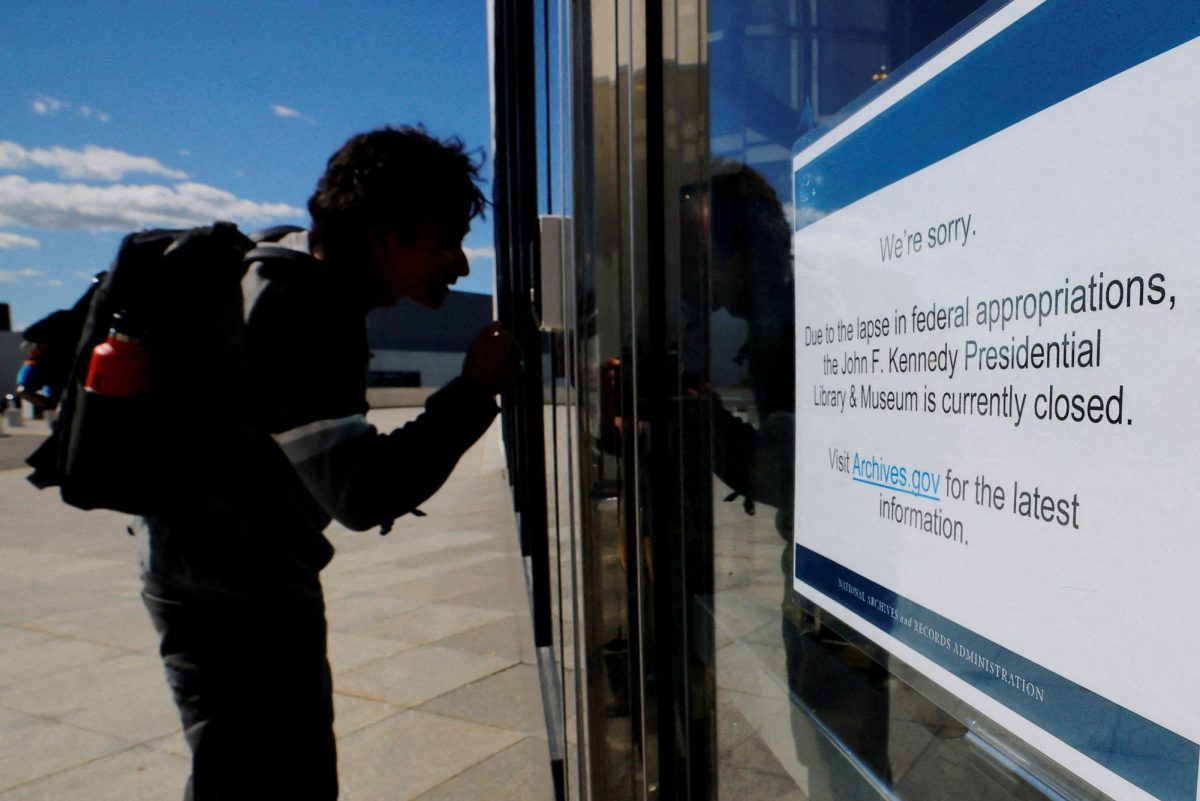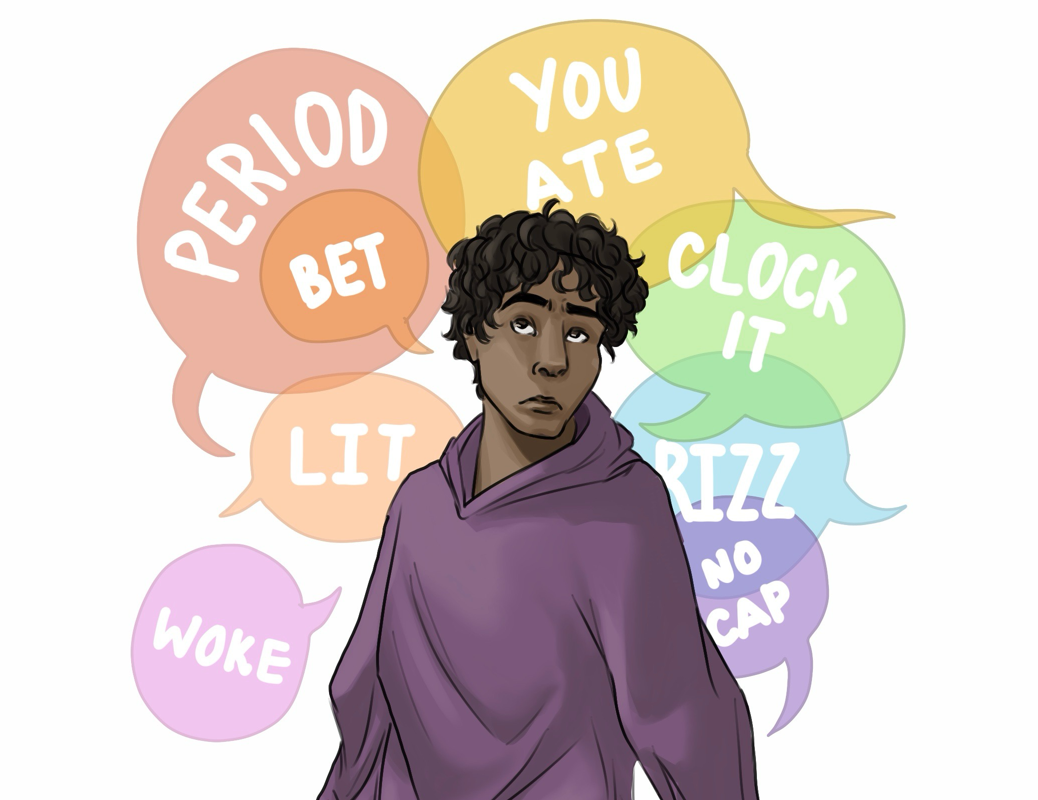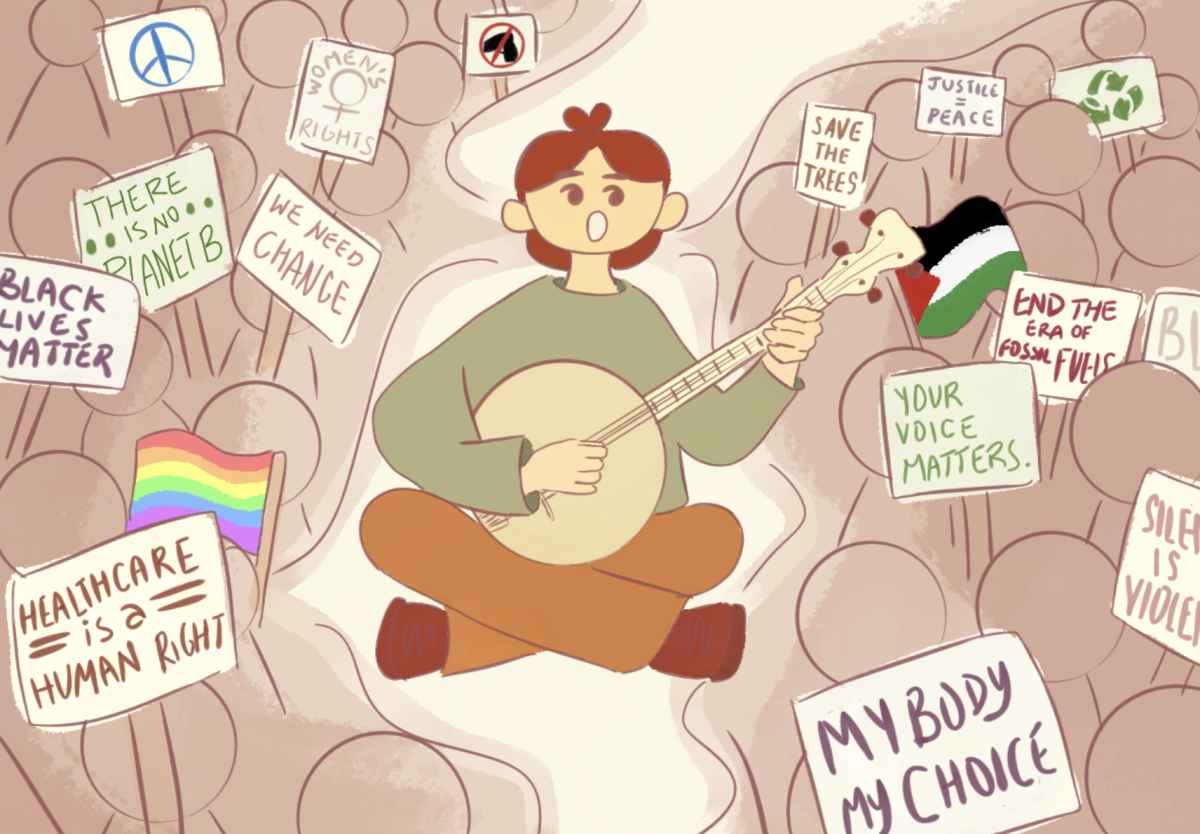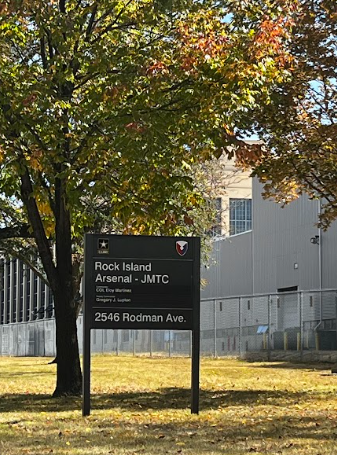On Oct. 1, 20205 the federal government of the United States shut down until further notice as Congress failed to reach an agreement on funding for the 2026 fiscal year.
According to BBC News, the different branches of government need to reach an agreement on spending plans before they can become a law. Though Republicans control both chambers of Congress, the Senate is currently short 60 votes needed to pass the spending bill, which gives the opposition Democrats some negotiating power.
The current dispute regards the budget bill called the, “Big Beautiful Bill,” and how Republicans want to pass it. In order to do that, they need Democrats’ votes to get it through. However, in that bill, Republicans included a change that removes a tax credit that makes health insurance more affordable.
Democrats have refused to help pass the budget unless that health insurance tax credit is kept or extended because without it, insurance costs for many Americans would skyrocket. Since neither side will compromise, the budget is not being passed therefore causing the current shut down.
Having a more divided government can make it harder for legislation to pass, says Kathryn Larson, AP Government teacher and social science instructor at McHenry High School (MCHS). Right now, having a Congress that has two diametrically opposed parties forms a gap when trying to figure out how to proceed on various issues — in this case, negotiating a federal budget and providing affordable healthcare.
Throughout this stalemate, Democrats and Republicans have each made it clear that they have different ideas on how to reopen the government.
In a press release issued by Speaker of the House Mike Johnson states that, “our Democrat colleagues demand that Republicans come to the table to negotiate but I’ve said time and time again, I don’t have anything to negotiate with.”
Johnson believes that they don’t have any partisan policy riders that can be removed from the funding bill because Republicans didn’t include any, “It is truly clean and non-partisan.”
However, Democrat Congressman Bill Foster, Representative for Illinois’ eleventh District in the House of Representatives of the United States, is more concerned with how these tax cuts could affect the American people.
“We have to come to an agreement on how we’re going to keep the government operating,” Foster told The Messenger. “They were basically saying, okay, you guys have to go vote for all the cuts we just made. And we said no because we represent a lot of people that will be hurt by these cuts.”
“The Republicans should come to us and let’s negotiate something,” Foster adds. “This is what was done in the past and is always done like this every year. But this time, the Republicans aren’t willing to negotiate.”
These tax cuts affect mainly healthcare, which concerns Foster deeply especially in his district where many people use resources that could be affected by this bill.
“The ‘Big Beautiful Bill’ that the Republicans passed will cause roughly 17 million Americans to lose their health coverage and will be operating without insurance,” says Foster. “You can say that it doesn’t bother you because your family has health insurance, but it actually will.”
“What happens to those 17 million people who lose their health coverage?” Foster says. “When they get sick, they’re still going to have to go to the hospital. One of the things I’m very proud of in this country is that if you have no money, and you go to the emergency room, they still take care of you.”
However, even if the hospitals still take you for your expensive surgery or whatever you need, Foster explains that if the hospital resources can’t be paid for through insurance, then hospitals need to raise the prices for their paying customers, so the hospital still gets paid.
As said by CNN, President Trump recently followed through with layoffs across many federal agencies including 1,100-1,200 workers in the Department of Education and 1,446 workers in the Department of Treasury.
The White House has warned over the past few weeks that it would use the government shutdown to cut the federal workforce through RIFs, meaning some may not have to go back to work once the shutdown commences even though they are supposed to be furloughed.
Families not getting paid is a concern for Foster.
“A lot of families don’t have a lot of slack in their family budget right now,” says Foster. “If they had an emergency $400 bill, they could not cover it. …They’re living paycheck to paycheck, and if the next paycheck is missing,… it can cause a lot of pain.”
According to Politico, President Trump is trying to pay active-duty troops this week amid the shutdown, but it is only a temporary fix.
The Pentagon took action on Saturday to tap unused research and development funding to cover the checks due Wednesday to tens of thousands of National Guard members on active duty orders. However the next round of paychecks is not guaranteed.
Alec Hoida, Wisconsin National Guard Military Funeral Honors Human Resources Technician, is currently working for free due to the shutdown. Hoida explains his paychecks are currently being delayed which has caused some struggles with providing for his family as he is the only income coming in.
However, for military families struggling, Hoida explains you can go to the nonprofit Army Emergency Relief and get a Financial Assistance Loan interest free.
Hannah Cook, Outreach and Grants Coordinator for Representative Bill Foster, recommends that during a time when the federal government isn’t functioning, looking at the local community level resources is a great way to receive help.
Cook explains that many nonprofit organizations in McHenry County such as food pantries and townships can help during this time if any family is in need.
Hoida is not sure when this shutdown will be done as the last one lasted 33 days, but he encourages people to take advantage of the resources available.
“Even though you seem fine… don’t keep your financial struggles or emotions inside,” says Hoida. “Always talk to someone, and they will help you out. I hope everything goes back to normal soon.”
This story was originally published on The McHenry Messenger on October 17, 2025.




































